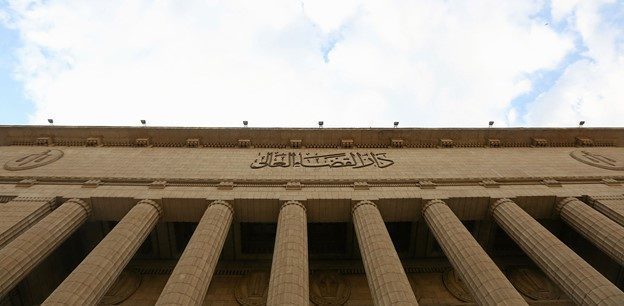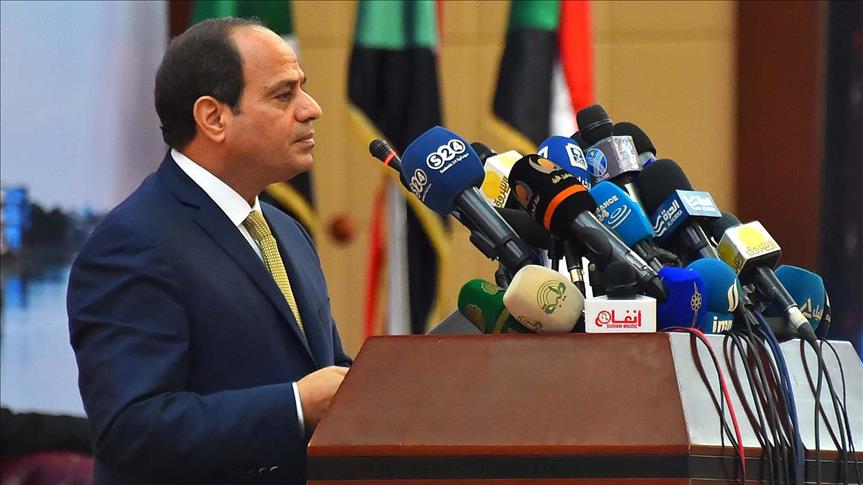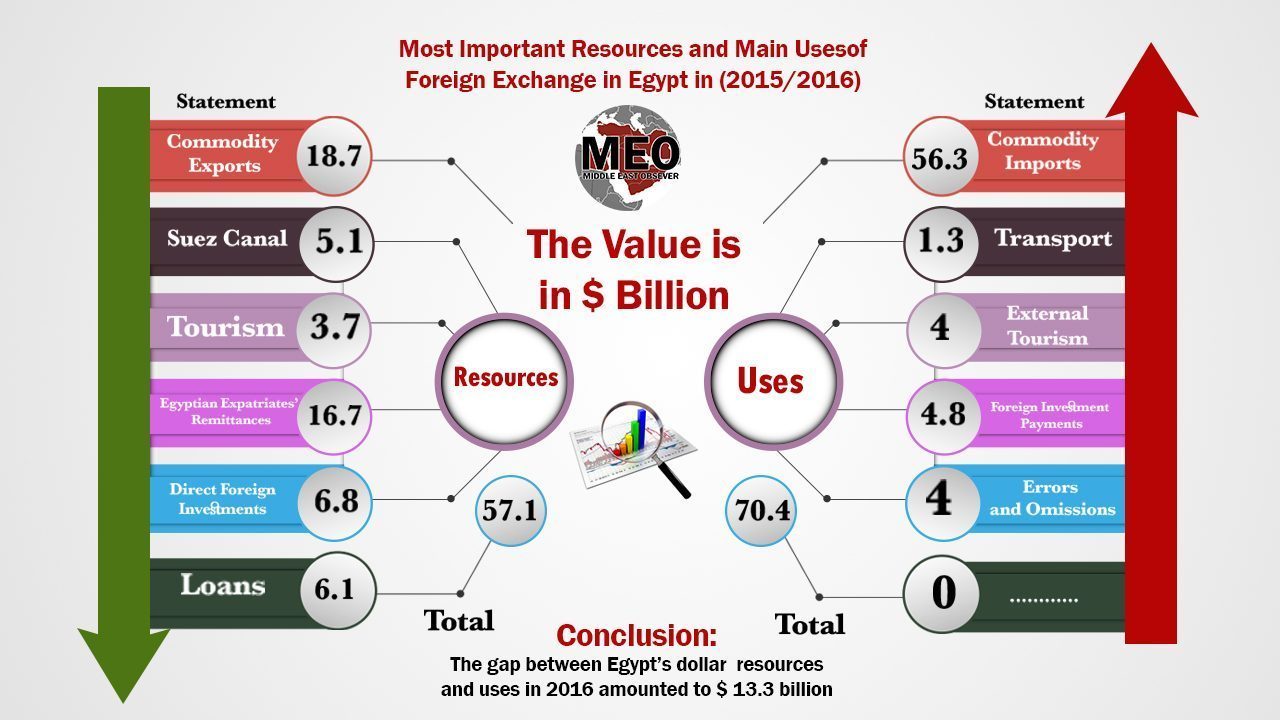
The Sisi government prevents civil servants from resorting to judiciary against it, otherwise they would face punitive measures.
The Egyptian Cabinet has decided to prevent government employees from filing lawsuits against the government, or submitting any complaints against any state agencies or institutions, warning those who commit such act to take punitive measures against them.
Last Thursday, activists circulated a periodical bulletin issued by the Secretary-General of the Council of Ministers, Atef Abdel Rahman, in which he called on ministers to end all judicial disputes between government agencies, and to settle any dispute through the committees to “end government disputes in the Ministry of Justice” without resorting to the judiciary.

The bulletin also included warning civil servants of filing any lawsuits against any government agency, and urged officials to take punitive measures against those who do not respond.
Law specialists considered it unconstitutional and contrary to Egyptian law considered this bulletin an infringement on the constitutionally guaranteed right to litigation, depriving the employee of his right to litigation, and immunizing the decisions of ministers and officials from judicial oversight.
Paragraph (D) of Article 66 of the State Council Law grants jurisdiction to settle judicial disputes between government agencies exclusively to the General Assembly for Fatwa and Legislation of the State Council.
Also, adjudication of lawsuits related to employees of the state’s administrative apparatus is established by law as the original jurisdiction of the same courts (the State Council).
Given that the Council of Ministers has not denied the authenticity of this publication, the Egyptian lawyer and human rights defender Nasser Amin called on Prime Minister Mostafa Madbouly to deny authenticity of the circulated bulletin, or to announce referral of the person that issued the decision to trial.

Amin, confirmed on his Facebook page that “violating the rights of employees to challenge the decisions of the administrative power and resort to the State Council is a crime that requires punishment.”
He added: “The presence of such officials in these positions with this kind of mentality – if the bulletin is correct – is a disaster that threatens the principle of the rule of law and the independence of the judiciary, as it represents a flagrant violation of the right to litigation,” he said.
However, Dr. Hani Suleiman, the expert in management and planning, believes that preventing employees from filing lawsuits or complaints against the government, and ending disputes between government agencies away from the judiciary is an attempt to cover government corruption, rather it is a step to legalize it.”
Speaking to Arabi 21, Suleiman asserts that the move is against the constitution, the law, reason and logic as well. It allows corruption in state institutions to continue, and poses a threat to the honorable employees who want to expose corruption in state institutions and cleanse them of corruption and spoilers.
Suleiman asserts that the decision tells the employees of state institutions, both the righteous and the corrupt, that corruption is a prevailing law and a dominant custom, and it cannot be detected by any member of state institutions.
In this regard, Suleiman referred to dispute that was going on between Dr. Ayman Mansour Nada, the professor and head of the Radio and Television Department at the Faculty of Mass Communication (who has recently been arrested for criticizing pro-regime media professionals), and Dr. Muhammad Al-Khasht, the former rector of Cairo University.



